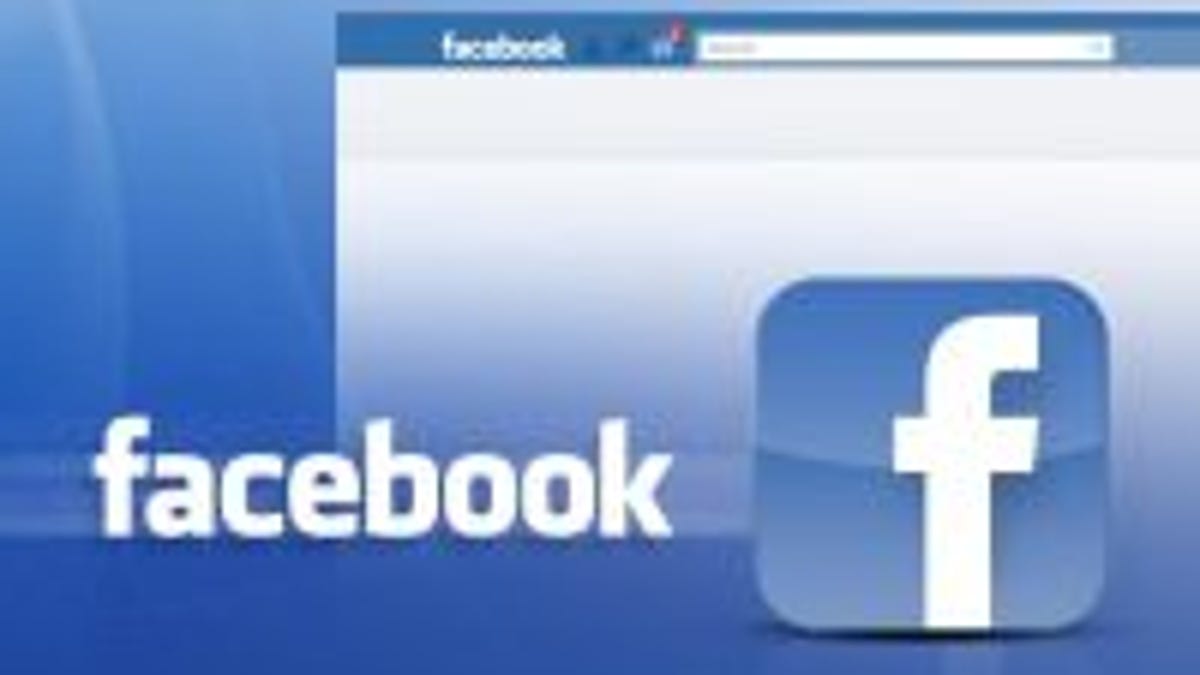Freaked out about Facebook privacy? Then break up already
Yes, it's a complicated relationship, but reasonable concerns about user privacy have given way to paranoia.

We've seen this script so many times already.
A rumor gets started about a Facebook privacy breach. It matters little whether the story turns out to be true because we're hooked on the stylized drama guaranteed to follow: Before long, all kinds of folks are running around as if their hair's on fire, screaming about how Mark Zuckerberg is a rat fink who betrayed his oath to protect their online identities. Then old farts like me, who still remember what it was like when our world was not an open book, chime in with thumb-suckers decrying what's lost in our overshared, increasingly cyberconnected lifestyle. Blah, blah, blah. Zzzzz.
OK, it's a complicated relationship -- and not just with Facebook but also other social networks. More about that in a moment.
The latest uproar started early Monday after French newspapers reported that private Facebook messages had mysteriously popped up on user Timelines. On this side of the pond, the rumor picked up speed and it wasn't long before the general freak-out was underway. Turned out it was another case of much ado about nothing. The problem had to to do with the format of wall posts that read like direct messages as Timeline now makes it easier to locate previous wall-to-wall interactions.
Turn off, tune out, drop out?
Let's at least be honest with ourselves. Companies are collections of imperfect beings, and try as they might, they'll always disappoint when it comes to making good on privacy protection guarantees. When you decide to post information on Facebook, it's out there, for better or for worse. Sam Biddle of Gizmodo had it just right when he tweeted the other day about people's shortsightedness when it comes to privacy tolerance as "we're outraged by things we ourselves did."
At this stage in the info sharing revolution, I'm not offering any revelation by noting there's always a risk that someone other than your friends will be able to take a gander at your Facebook posts -- either because of user error or due to a real privacy glitch. For most of us, that's not a big deal. Some 900 million-plus people continue to share messages and pictures because they get value out of using a social network to keep up with family and friends. If the minority out there still can't take the privacy jitters, my advice is to delete your Facebook account and use the phone. In 1999, Sun CEO Scott McNealy caught a lot of flak after declaring that "you have zero privacy anyway. Get over it." He was blunt and he offended a lot of people, but he was right.

